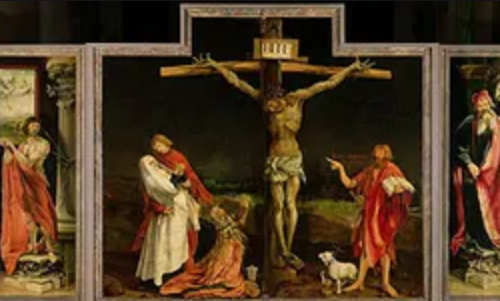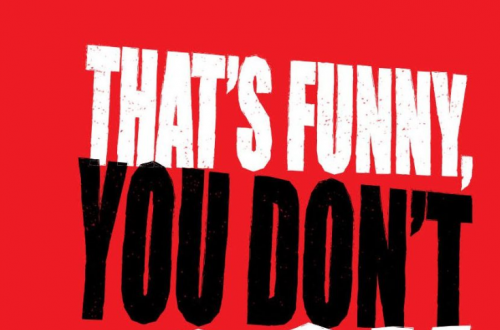This is a guest post by Paddy, who grew up in Belfast but now lives in London
Gunsmoke and Mirrors
How Sinn Féin Dressed Up Defeat As Victory
Henry McDonald,
Gill and Macmillan, Dublin 2008
ISBN 978-0-7171-4298-9
I was in Dublin the day the IRA called their first 1990s ceasefire. Having grown up in Belfast in some of the worst years of the troubles it was impossible to imagine such a moment right up until the second the RTÉ announcer read out the statement – after all “the RA” would be giving up without having won anything very much.
That view, which I know was shared by many regardless of their attitude to the IRA was quickly forgotten in the euphoria of that August day. Even after the republicans’ declared return to murder (though as this book makes clear they have never stopped killing in private) at Canary Wharf in 1996 nobody thought the key to a second ceasefire was going to be conditional on the British declaring their intention to end partition.
But Henry McDonald’s new book is a sharp reminder that I should have kept my focus on my thoughts of that morning. Because, as he makes clear, not only did the IRA in effect lose the war, they lost the peace as well – with a Good Friday Agreement (also known as “Got Fuck All” by some republicans) that offered something less in terms of cross-border co-operation than the British and Irish were prepared to put on the table in the mid 1990s.
Like so many others I have joined that which the author, drawing on Milan Kundera, calls the “forgetting” that allows the IRA to portray themselves as the undefeated fighters for civil rights, socialism, democracy and even peace – when, as McDonald reminds us they held the reformists of the civil rights movement in contempt, get their funding from US conservatives who think of them as a bulwark against communism, murdered children and other “civilians” and were essentially formed by teenagers who found a vent for the rage of adolescence in blowing up “themuns” and then lying about it when the results were messy.
Henry’s book isn’t perfect – there are plenty of examples of poor editing (confusing Jaffna and Jaffa is a particularly egregious example as is the constant referral to Ken Livingstone as the “Lord” Mayor of London in both this and the previous millennium). Nor do I agree with all the politics – for sure the thinkers of the Official “stickie” IRA helped create today’s post-republican Ireland, but they also did their fare share of murdering: something Henry seems to forget himself in his attempts to humiliate the provies by showing how they have come – forty years late – to adopt the stick position.
But as a polemic it is hot stuff. It’s not just the IRA, their lies about their history and their need to describe volunteers killed in road traffic accidents as martyrs to the cause, that get it in the neck, but also large sections of the Irish and British left – condemned for their mixture of radical chic romanticism and kitsch Trotskyist permanent revolutionism – as well as the Dublin media class who got a big shock when Sinn Féin crashed and burnt in the 2007 Irish election. Henry clearly has a well-founded grudge against certain colleagues in the Irish press pack – but nobody is named.
Indeed one of the book’s weaknesses is that there are so many targets for Henry’s ire that most only get a light peppering as opposed to the heavy calibre blast they deserve. Nor is it reasonable to simply state there are now two Irelands – North and South – and that the Shinners got their 2007 kicking because they are from the backward looking north east.
In the end – and Henry underplays this significantly – the IRA were not beaten by the SAS at Loughgall or by the informers the British state placed in their ranks or by the loyalist murder gangs, but by the ordinary working people of the Belfast and Derry communities they claimed to “defend”. People had had enough of their mayhem, extortion and killing and made it very clear in the ballot box and elsewhere.
In the 1980s in the British Labour Party even some quite sensible people (as well as the usual array of idiots) became IRA groupies but thankfully the people of Ireland in general never did: though maybe a few more in the North of the country ought to read this to remind themselves why.


